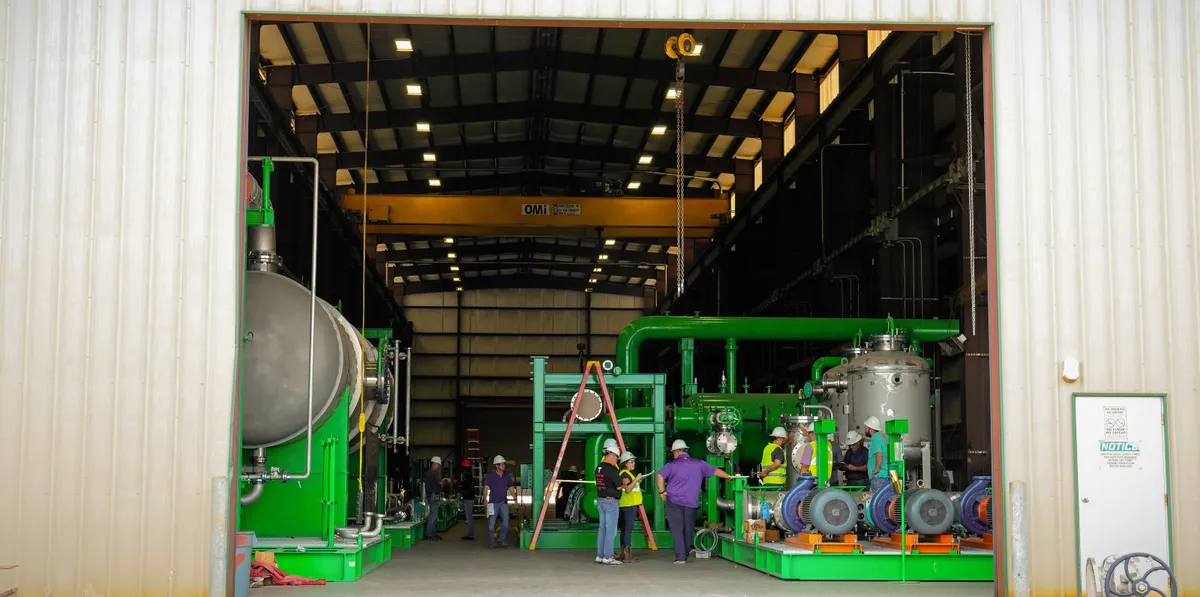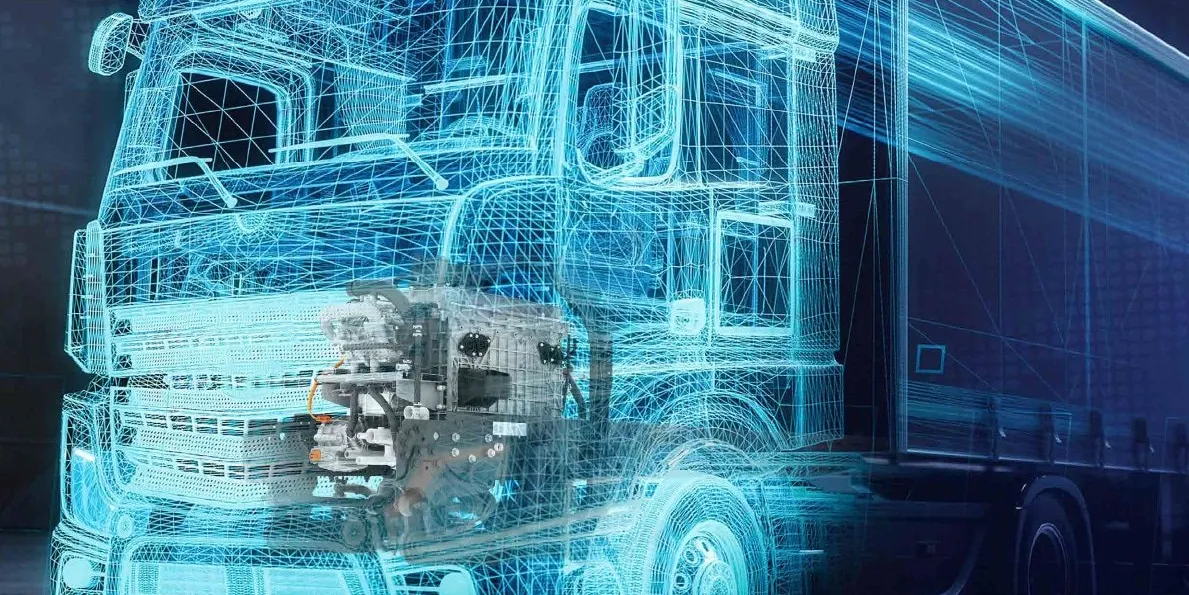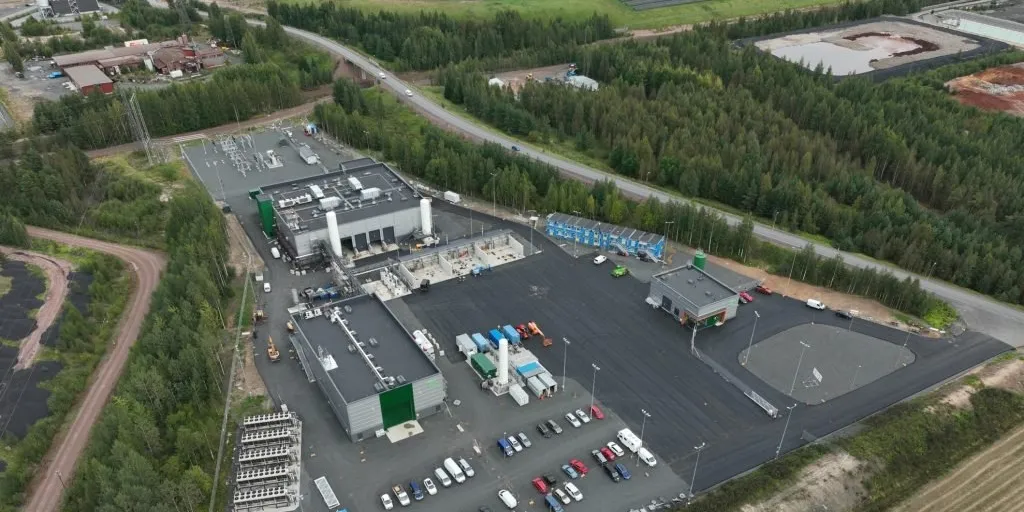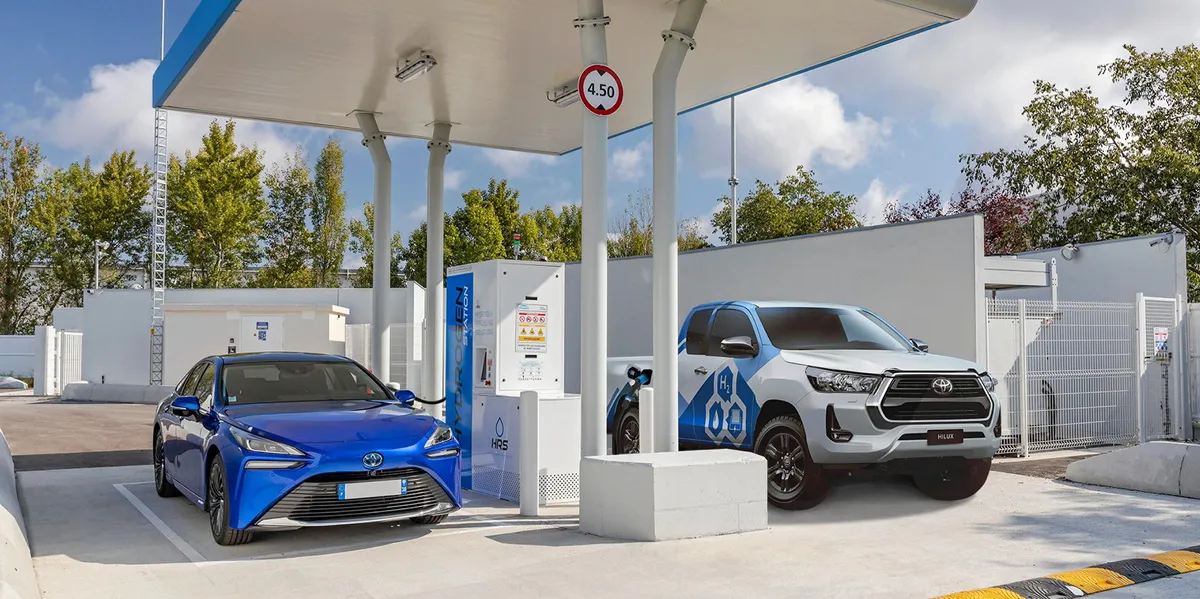
US electrolyser manufacturer Electric Hydrogen is to supply 200MW of its proton exchange membrane (PEM) electrolysers for a Uniper’s gigawatt-scale Wilhelmshaven green hydrogen project in northern Germany, the Massachusetts-based company said today (Monday).
The deal marks Electric Hydrogen’s first entry into the European market, with electrolysers set for installation in Germany.
Uniper, one of Germany’s biggest utilities, plans to deploy 1GW of electrolysers at its site in Wilhelmshaven, capable of supplying 300,000 tonnes of hydrogen a year, or 10-20% of expected German demand in 2030, alongside an ammonia import facility, with a view to becoming a major hydrogen distribution hub.
Under the deal announced today, Electric Hydrogen will design and build a 200MW green hydrogen plant at Wilhelmshaven, and build its PEM electrolysers nearby on a site that previously hosted Uniper’s coal-fired power station.
The company began preliminary front-end engineering and design (FEED) work on the plant last month, and plans to launch its 100MW electrolyser system for deployment in the wider European market in 2026.
“Decisive factors in the selection of the electrolysis technology were Electric Hydrogen's advanced proton exchange membrane electrolysis (PEM) technology and the company’s offering of a fully integrated plant design to minimise hydrogen production costs,” Electric Hydrogen said in statement.
Both the green hydrogen plant and the ammonia import facility at Wilhelmshaven will be connected via pipelines to Germany’s government-backed hydrogen network, currently under construction and expected to be completed in 2032, as well as underground storage facilities in northern Germany.
Uniper had also built a liquefied natural gas (LNG) import terminal at Wilhelmshaven in late 2022.
The German energy firm had earlier this month admitted that it would delay its €8bn climate investment programme by a few years, in part because the green hydrogen market has not developed as quickly as it had initially expected.


